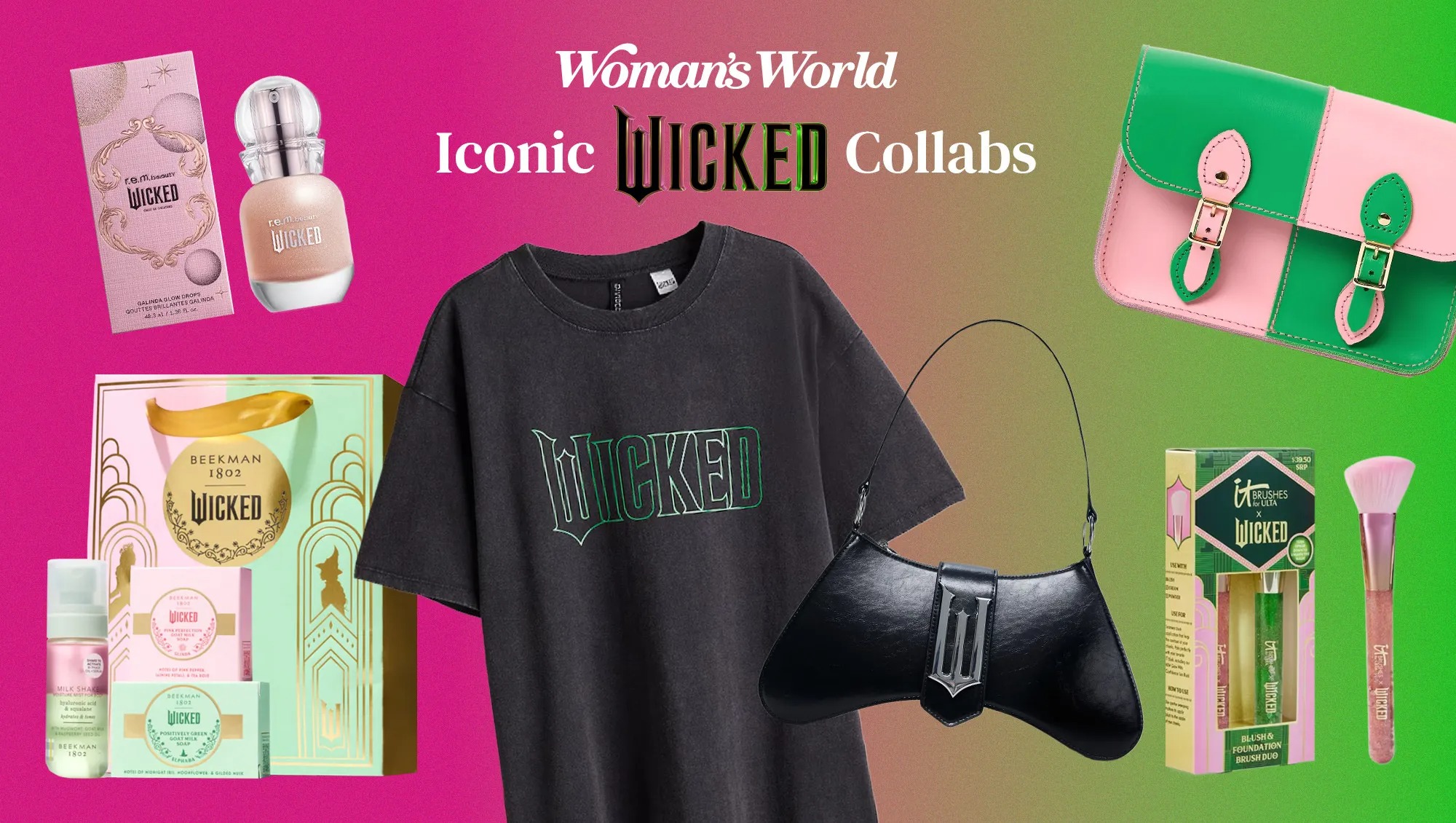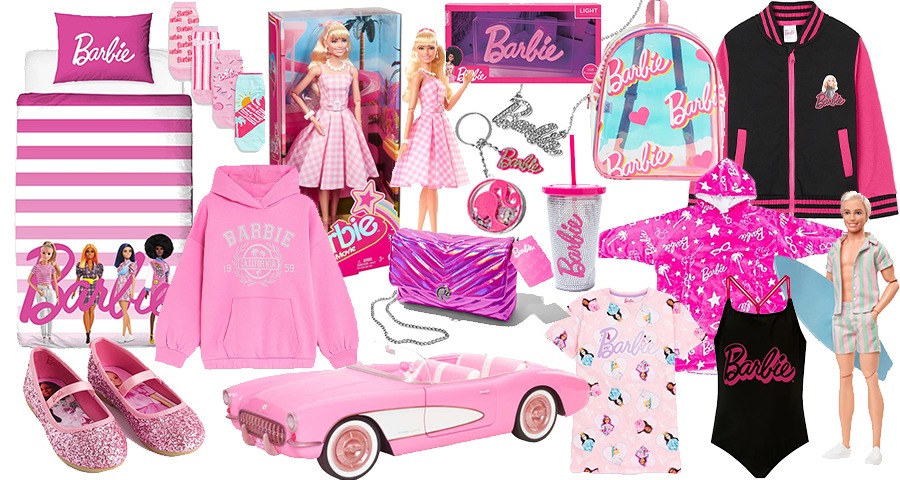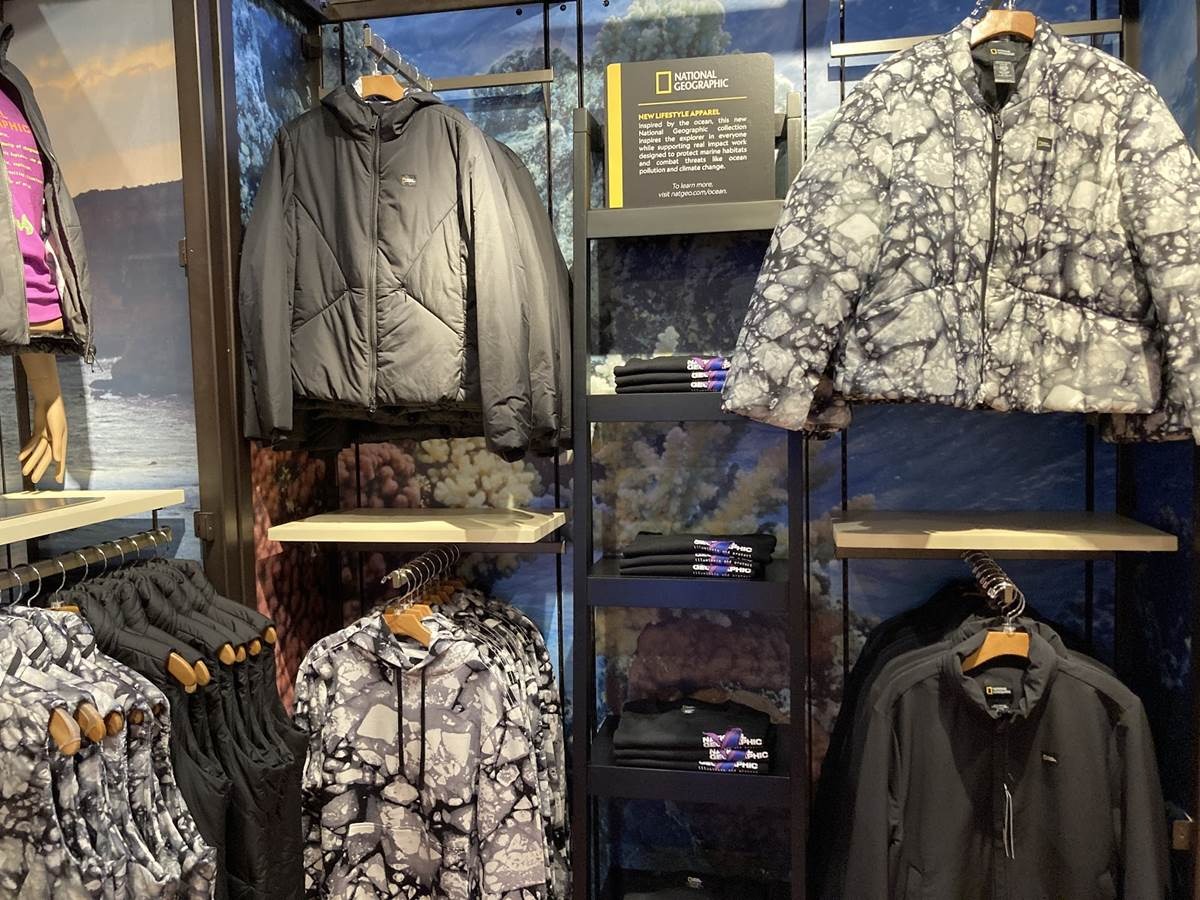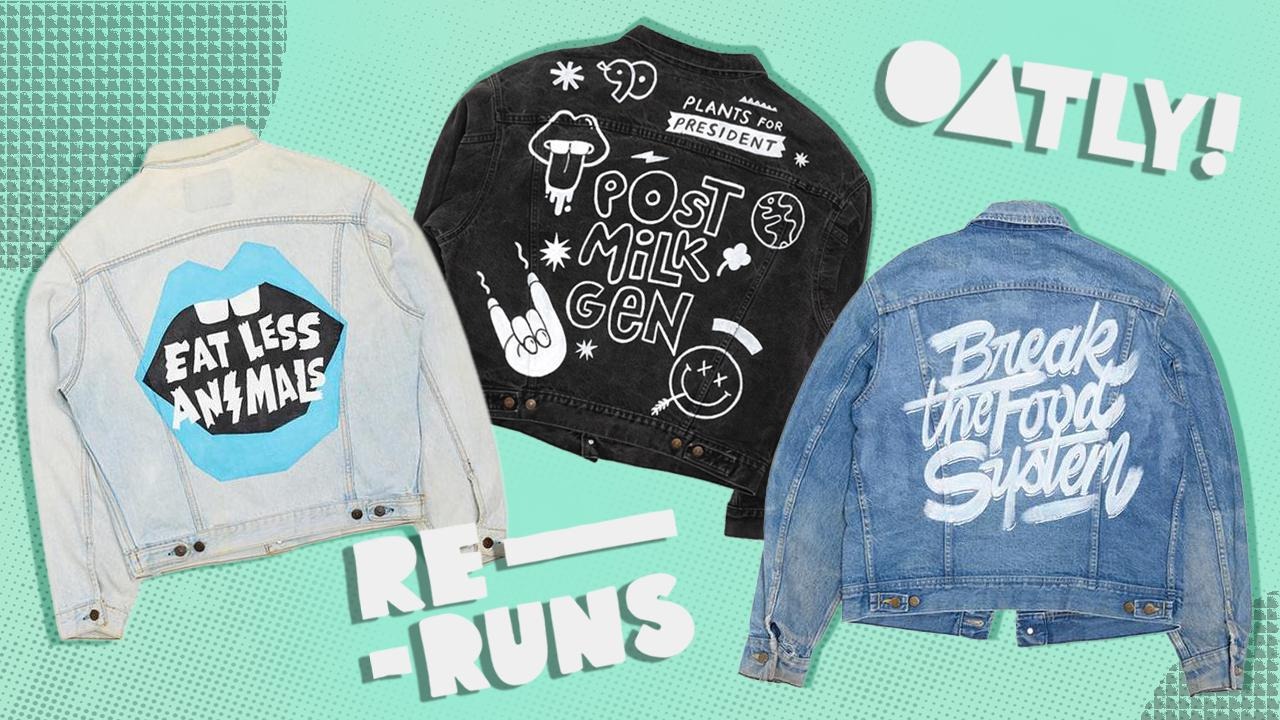For The Love of Merch: A Marketing Article

Unpacking Merch Marketing
It is truly exciting when you see your favorite brand’s logo on clothing items, gadgets, housewares, or even novelty items.
Similarly, constantly seeing an unfamiliar logo or name on everyday items aroundyou generates a sense of curiosity over time. What brand owns this logo? What kind of brand is it?
From there, recognition builds. That’s the magic of merch marketing.
Merch, the short form for “merchandise” has been part of the marketing strategy books for a long time, but have you given considerable thought to it? This blog shows you why you should, whether your brand is big or small.
First, let’s get the definitions out of the way. What exactly is merch marketing?
Merch marketing is the strategy and process of promoting a brand, company, or specific product through the use of branded merchandise. These can be anything from clothing items (like t-shirts and caps), accessories (like wristbands or keychains), to household items (like mugs or pens), all adorned with a brand’s logo or message.
There are multi-faceted roles that merch marketing can play in your business, and the best part is that the multiple benefits can be reaped all at once such as:
- Brand Awareness: By selling or giving away branded merch, more become aware of your brand. When these items are used in public, they act like mini mobile billboards promoting the brand.
- Customer Loyalty: Free merch can be gifted to customers, and this works to increase their loyalty and make them more likely to promote your brand to others.
- Revenue Generation: If the branded merch is sold rather than given away, it can serve as an additional revenue stream for your business.
- Community Building: For businesses with strong brand loyalty (like bands, sports teams, or popular media franchises), merch can help fans feel more connected to the brand and to each other.
- Promotion of New Releases: For brands in the entertainment industry, merch marketing can be used to promote new releases such as albums, movies, or books.
Merch marketing holds an enticing bouquet of opportunities to get your target audience talking about your brand or product. Merch can be physical (tangible) or digital (virtual); free or paid for, depending on your budget, the nature of your business, and the interests of your target market.
In this blog, you will discover the undertold power of merch marketing and how it can be applied effectively as a strategy to flourish your business. Also, you will read of real-life brands that have aced merch marketing, but before that is a fascinating expose on the psychology behind its appeal.
Let’s get to it!
The Psychology of Merch Marketing
Understanding the innings of relevant consumer psychology is crucial to making your brand appeal to them.
So, you have defined your target market, based on your unique product or service offering, what is next is to establish an emotional connection to them to win their trust and retain their loyalty.
Merch Marketing employs five psychological notions to get the job done:
- The Notion of Reciprocity: This refers to the tendency of humans to want to give back when they receive something. This notion is most applicable in situations of giving free merch. Your customers likely feel a sense of obligation to give something back to your brand in return, such as making another purchase or recommending the brand to others. It’s essentially goodwill for goodwill.
- The Notion of Social Proof: Social Proof is a psychological and social phenomenon where people mimic the actions of others to reflect correct behavior in a given situation. It’s based on the idea that if others are doing it, it must be the right or best thing to do. So, when people see others using your branded merch, they are inclined to perceive your brand as trustworthy. This can influence them to also engage with your brand.
- The Notion of Identity and Belonging: Your branded merch can encourage customers to express their identity and feel part of a community. This is especially true for fans of specific entertainment franchises, sports teams, or lifestyle brands. By wearing or using the merch, they signal their affiliation and feel a deeper connection to the brand, beyond the transactional.
- The Notion of Exclusivity: If you roll out some quality limited-edition merch, your brand is likely to trigger the infamous FOMO that gets people thronging for the exclusive pieces. This works especially for big or famous brands that launch a brand new product and need to get word around. If done right, limited-edition merch by smaller brands can also create a sense of urgency and exclusivity, making the items more desirable and prompting quicker purchases.
- The Endowment Effect: This refers to the tendency of people to value items that they own more highly than they would if the items weren’t theirs. By owning any piece of branded merch, your customer may perceive more value in the item. High-quality merch that your customers find useful or stylish can improve their overall perception of your brand, as the positive emotions associated with the merch are transferred to the brand, strengthening brand affinity. As a cherry on top, merch marketing is statistically proven to attract customer loyalty, as it more directly adds value to the customer than online banners, print ads, and other forms of marketing. These other forms cannot be used or kept by individual customers, making them more passive.
As a cherry on top, merch marketing is statistically proven to attract customer loyalty, as it more directly adds value to the customer than online banners, print ads, and other forms of marketing. These other forms cannot be used or kept by individual customers, making them more passive.
Your merch can be directly related to what your brand does, or not. What is important is to make certain that you choose practical and useful items to merch. Incorporate unique designs for popular merch items to stand out, and don’t be afraid to explore as many other merch ideas as possible!
Now, how about stories of brands that are excelling at merch marketing for your inspiration?
The Barbie Brand
Since its inception in 1959, Barbie has come a long way in branding and merch marketing. The brand was originally a doll brand but has branched out into film franchises and pop culture trends. In its over sixty years of existence, Barbie has garnered appeal from children and adults alike, with overlapping strategies that have retained the brand’s relevance from generation to generation.
One of these strategies is merch. Along with original Barbie dolls, the brand has its hands deep in the production of branded clothing items, fashion accessories, stationeries, and lifestyle pieces. Its uniquefont logo and pink and white colors are famously associated with the Barbie brand and merch.

Recently, Barbie announced its upcoming live-action movie slated for theatre release on July 21, 2023. As a frontline strategy for its promotion, Barbie embarked on a massive marketing campaign that roused conversations about the movie and the brand across multiple social media platforms.
To bring the excitement around the Barbiecore trend to a fever pitch, a diverse collection of Barbie merch has launched in many markets worldwide. Several brands including Aldo, Funboy, NYX Cosmetics, Ruggable, Boohoo, GAP, Impala Skates, and PacSun, have leveraged Barbie’s historical influence on beauty to align themselves with this trend, causing a ripple effect in Barbie’s merch success.
The new Barbie merch collection is an impressive spread of Barbie and Ken dolls, vehicles, collectibles, accessories, games, fast fashion items, food, and drink; each piece is meticulously designed to capture the essence of the characters from the highly anticipated film.
From Barbie-branded shirts to Barbie-branded skirts, denim wear, bags, sneakers, sunglasses, face caps, sunscreens, beverage cups, luggage, and travel tissues, the pink bandwagon is moving faster than a bullet train.
Barbie also unveiled the Uno Barbie: The Movie edition game. This special edition of the classic game comes with cards featuring Barbies and Kens, making the playing experience more exciting for fans of the franchise.
These efforts in merch marketing have earned the Barbie brand the recognition it needs to stay relevant and build global-scale anticipation for its upcoming movie.
The National Geographic Brand
You probably know this brand for the photojournalistic wildlife TV channel, but National Geographic was founded in 1888, in Washington, D.C., by a group of eminent scholars and explorers.
The purpose of the organization, as stated in the original charter, was the “increase and diffusion of geographical knowledge.” This would inform the expansion of the National Geographic Society into media, press, and recently, into merch production for a sense of community among its target audience.
In the fall of 2022, National Geographic announced a new line of clothing merch. Each item was designed with inspiration from marine ecosystems, alluding to the wonders of the ocean.

Transforming the images of majestic marine organisms into wearable art forms of expressive prints and textured silhouettes, the collection beautifully encapsulated the enchanting forms of penguins, jellyfish, and octopuses.
The pieces, part of a lifestyle collection comprised of men, women, and unisex streetwear
clothing, were influenced by utilitarian workwear that could fit into contemporary wardrobes.
Additionally, the merch pieces were made with recycled materials, underscoring National Geographic’s commitment to sustainability.
More recently, National Geographic has partnered with two major companies (The Walt Disney Company and Alquemie Group) to kickstart plans for a retail store dedicated to selling National Geographic merch in Australia. This is reflective of the success of the brand’s merch marketing strategy, and an indication that more merch is to be produced.
By creating practical and stylish merch, National Geographic exemplifies the efficacy of a well-delivered merch marketing strategy.
How about one more story?
Oatly
Over the past twenty years, the Oatly brand has gained the attention of a target audience that did not seem to exist at the brand’s inception.
The founders of Oatly in the year 1994 were researching cow milk alternatives for lactose-intolerant people when they discovered oat milk, a plant-based milk product.
With oat milk as a main product, Oatly has evolved into a beloved brand for its unique product offerings and dedication to sustainability.

In line with this, Oatly in 2021 launched an unconventional limited-edition merch collection of clothing items (jackets and t-shirts) made with upcycled materials.
This collection was part of a campaign called “Reruns,” which the brand described as a “not-so-little experiment in upcycling stuff into merch-like objects that skip the unsustainable cycle of fast-fashion in favor of thoughtfully made pieces as planetforward as the propaganda they’re covered in.”
Part of the merch was a t-shirt with “I totally hated that Oatly Commercial” printed on it. This was in reference to a controversial Super Bowl Oatly commercial that had aired that year and garnered negative feedback from viewers as “weird” and “stupid.”
Oatly had the not-so-great feedback printed on one of their limited edition merch and it sold out in days.
Beyond the limited edition, Oatly maintains a steadily available collection of merch for its target audiences, most of which are designed with witty phrases and oat milk-related images.
Conclusion
Merch marketing offers a unique opportunity for your brand to bolster engagement and loyalty metrics. It’s not simply about selling products but about building a community and driving brand affinity.
By thoughtfully designing merch that captures your brand’s essence, your business can create lasting impressions. Whether it’s a global phenomenon or an emerging local brand, merch marketing's potential for transforming consumer relationships is monumental.
As the business landscape continues to evolve, so too should strategies – and merch marketing represents a dynamic, impactful, and engaging path toward meaningful consumer connections.
Post a comment